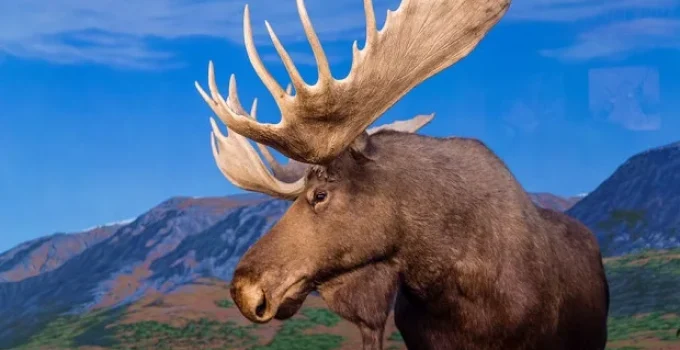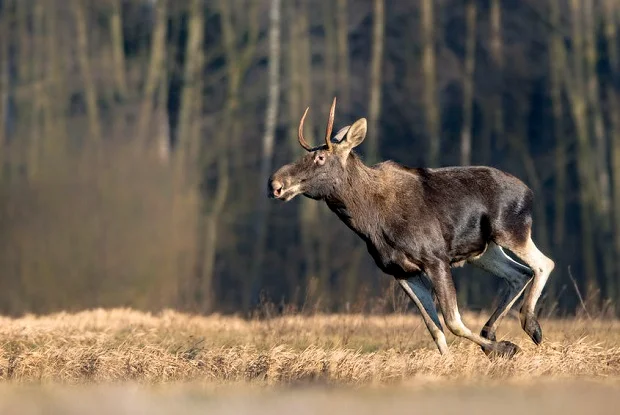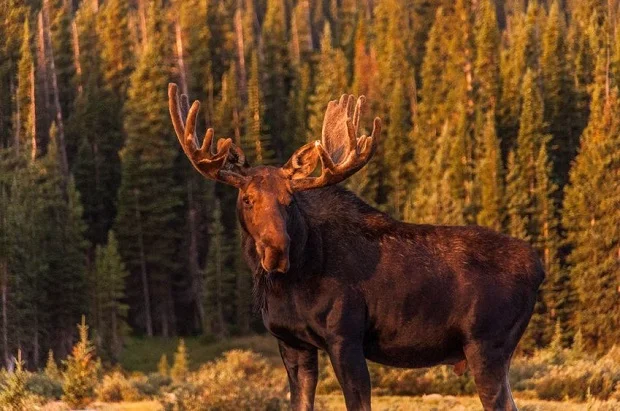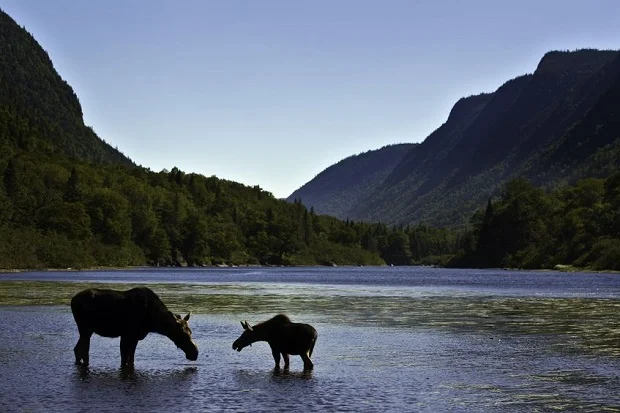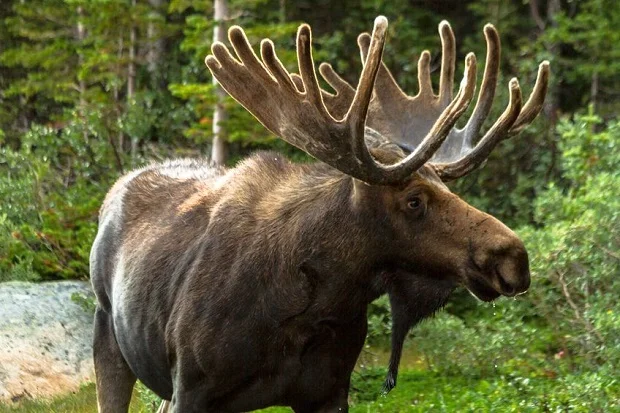Because of their size and appearance, some think that moose are a clumsy, doltish bunch. In fact, moose are highly intelligent and do a wide variety of amazing things! Explore this majestic creature’s many talents.
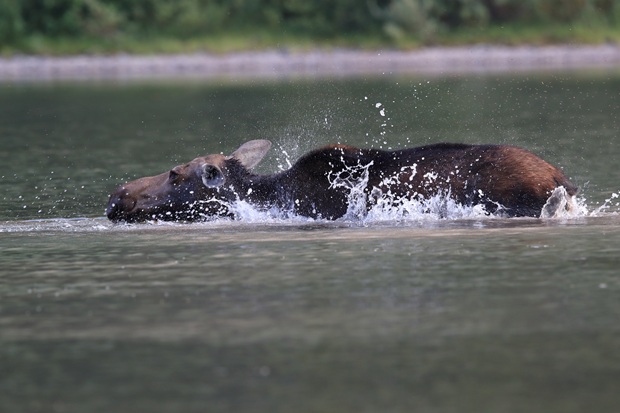
Swim Really Fast and Really Far
Considering the massive size and gangly movements of a moose, you may be amazed to learn that moose are exceptional swimmers. They can swim fast, dive well, and possess great strength and endurance when it comes to swimming as well. Moose have been clocked at a swimming speed of six miles per hour and have been observed swimming up to two hours at one time. That’s awfully fast considering that the average human swims at 2 mph.
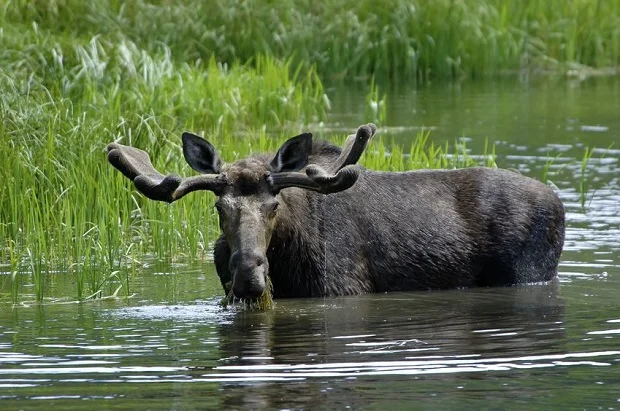
Dive Underwater Long and Deep
Moose have been observed diving to depths of twenty feet and remaining submerged below the surface of the water for more than one minute. This is a helpful talent when considering that moose love to feed on aquatic vegetation.

Avoid Sweating
Because moose do not sweat, they cannot tolerate regions where temperatures rise consistently above 75 degrees. When the weather becomes warmer, moose flock to their favorite swimming hole to cool off.
Run Super Fast
Moose have been clocked running up to 35 miles per hour. This is an amazing feat considering that Usain Bolt, the world record holder for fastest runner, was clocked at a little under 28 mph in the 100-meter sprint.
Eat Unbelievable Amounts of Food
Due to its massive size and weight, an adult moose eats up to 44 pounds of food every single day! This amount increases to near 60 pounds in the spring, and a whopping 130 pounds daily in the autumn.
Contribute to the Survival of an Ecosystem
Research has estimated that Swedish moose leave behind 300,000 metric tons of feces per year! That may sound disgusting, but it is actually beneficial to the ecosystem in that it provides nitrogen essential for plant growth.
Shed Antlers Every Year
Moose shed their massive antlers every single year. The male moose grows four to- five feet spread of antlers every spring and summer and shed them in December or January.
